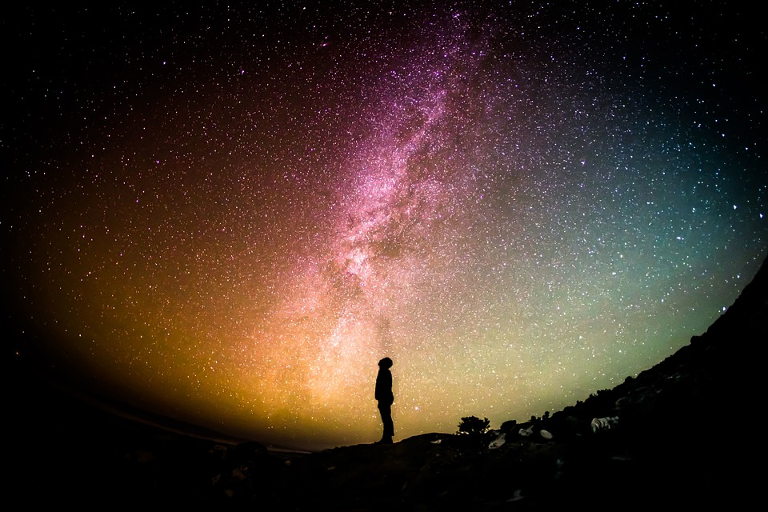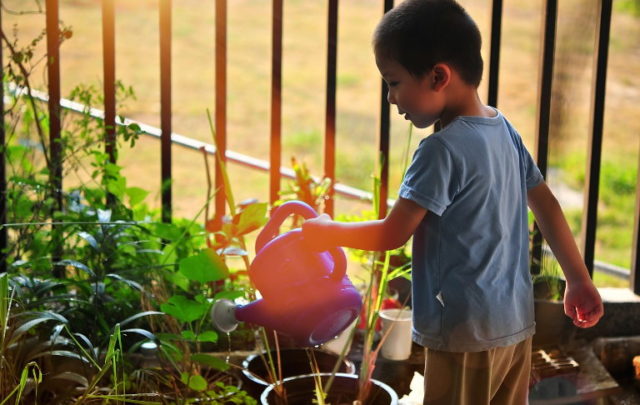This post is based on a chapter from Post Carbon Institute’s 2016 book The Community Resilience Reader: Essential Resources for an Era of Upheaval.
In the 1990s, Jungian psychiatrist and naturalist Sterling Bunnell observed, “We’re in for some pretty rough bumping over the next century. The important thing is that we don’t totally lose our bearings and become degraded by it.”
I appreciate the frankness of that. It’s hard to admit, but an easy skate into an intersectional photovoltaic full-green employment millennium was never really among our options. Difficult, confusing times confront us, times that threaten to degrade individuals and communities materially and morally. We need to find and maintain our bearings locally, collectively, and personally, and the latter is inner work. Way-finding is continuous; it is the making of a life. A sense of self, compassion for numberless sentient beings, humility and curiosity, and loyalty to place are stars to steer by. They can orient us to the good, the true, and the beautiful.
“What would I recommend?” continued the sage. “Don’t panic. Appreciate your own lives; and try to help a little loveliness to continue.”
When a naturalist speaks of helping “a little loveliness to continue,” it is an invocation of the wild beauty and mystery of the living creatures animating the planet’s ecosystems—and an injunction not to dismiss aesthetics. We must to reclaim the ability to perceive and defend the integral quality and wholeness of natural beauty. The loveliness emerging from nature is a mark of resilience. Work to help natural beauty continue implicates people—body, mind, and spirit—in their local ecosystems and larger bioregions. “Helping a little loveliness to continue” means saving species at a time when extinction rates are a thousandfold greater than they were pre–Homo sapiens. Without the preservation and protection of our fellow life forms, all is lost.
Bunnell’s second precept, “Appreciate your own lives,” means not just knowing, respecting, and savoring one’s own personal existence, although that is an essential point of beginning. It also means realizing that our lives—plural—appreciate (in the sense of achieving fuller worth) in community. We are social animals. Just as the biotic community of the savanna shaped us as a species and myriad landscapes shaped the thousands of cultures of Homo sapiens’ diaspora, so the more intimate community—kindred, village, neighborhood, town, team, party, or congregation—shapes individuals.
And with regard to not panicking: Skillful means—preparation, study, and training—can get us past panic. Steady courage does not deny fear; rather, it acknowledges the inevitability of suffering and the end of suffering. If we regain our focus in the moment, and remember that we are hardly alone in this mighty time, we can respond, to good purpose. Spiritual traditions (and not only those) offer an array of practices for strengthening integrity and presence of mind. Whether the opportunity is to face the truncheons serenely, to keep a clear objective during endless negotiations, or to be of good cheer during a long uncomfortable stretch of privation, self-knowledge, self-discipline, a nature connection, a faith, or devotion to the beloved community can serve.





